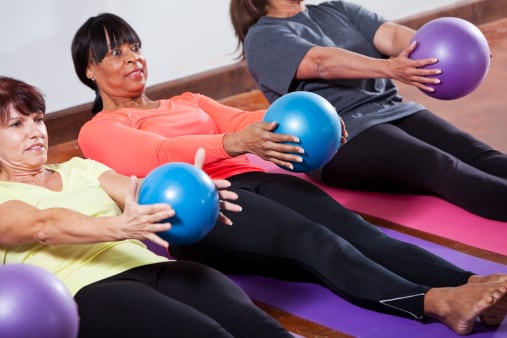The hall is paid for, your dress looks fabulous and you’re headed down the aisle for the first (or second) time.But you have a sinking feeling that Mr. Right may actually be Mr. Wrong. Is it just pre-wedding jitters? Probably not, says psychologist James McNulty, PhD. His new research shows that brides (and grooms) who subconsciously harbor negative feelings about their spouses may be destined for an unhappy marriage.
To understand how people really felt about their spouses to be, study subjects were asked to verbalize how they felt about their fiancés by responding to a simple list of positive and negative words. Not surprisingly, most people said positive things about the person they were about to marry.
But, the responses were different when the same people were asked to react to a photograph of the fiancé that was flashed across a computer screen. Study participants were shown the photo for one-third of a second and then shown a series of words that included: “awesome” or “terrific” or negative words like “awful” or “terrible.” They were then asked to press a button for the first word that came to mind. People who were slower push the button for the positive words—meaning they had trouble processing positive thoughts while looking at their fiancé—were headed for trouble.
When followed over four years, the group that found it difficult to process positive words while looking at their partner’s photograph reported the highest levels of marital dissatisfaction.
The bottom line—follow your instincts. If you think something is wrong, it just may be.
Six Ways to Age-Proof Your Brain
A survey of several studies shows that people are less likely to get dementia than they were 20 years ago.That is especially wonderful news for African American women for two reasons—we are more likely to develop the disease and more likely to be caregivers.
Even though there’s no cure for the disease, researchers have identified the key activities that will greatly reduce your risk of developing Alzheimer’s. Here’s how to take years off your brain:
? Go back to school. Early and ongoing education keeps your mind sharp.
? Work out. Exercise is the only true fountain of youth, and it works for body and mind.
? Stay on the job. The later you retire, the better. If you hate your job, create a second career that you love.
? Volunteer, party, join a club. Spending time with people and enjoying social activities protects the brain against aging.
? Control your weight. Preventing heart disease and keeping your cholesterol down also dramatically lowers your risk of dementia.
? Protect your mental health. Getting treatment for depression, if it occurs, protects the mind.
High Cholesterol Advances Breast Cancer
Need another reason to avoid fatty foods? Scientists at Duke University report that a component of cholesterol behaves like the hormone estrogen when it comes to breast cancer.
This sheds light on the “connection between obesity and breast cancer,” said Donald McDonnell, Ph.D., chair of the Department of Pharmacology and Cancer Biology at Duke. Since black women have a higher rate of obesity, the cholesterol connections may also be linked to our breast cancer risk.
The study suggests you should keep careful track of your cholesterol because even thin women can have high cholesterol levels (200 or above). If that’s the case and you have an increased risk of breast cancer, discuss statin treatment with your doctor. The study found that statins (a cholesterol-lowering drug) could prevent cholesterol from contributing to breast cancer.
Let There be Lots of Light for Seniors
Adding extra lights might minimize falls among the seniors in your life. A third of adults age 65 and older fall each year, resulting in about 1.5 million emergency room visits and 10,000 deaths, according to the Centers for Disease Control and Prevention (CDC). The culprit? Most falls stem from preventable factors such as poor lighting.
Seniors need two or three times as much light as younger adults. And their vision is often lower at home than it is in medical settings, according to new study published in JAMA Ophthalmology, a journal of the American Medical Association.
The four-year study included comprehensive vision tests at home and in clinics for a group of St. Louis patients between the ages of 55 and 90. Lighting at home fell below recommendations for at least 85 percent of the patients.
The CDC offers a checklist to help minimize falls. Here are a few lighting tips:
? Improve safety by ensuring uniform lighting in each room.
? Use brighter bulbs, such as florescent bulbs, which the CDC says are brighter and less expensive.
? Place lamps on both sides of the bed.
? Reduce glare by hanging lightweight curtains or shades.
? Add more lighting to dark areas of the home.
? Paint a contrasting color on the edge of steps, such as light paint on dark wood.









